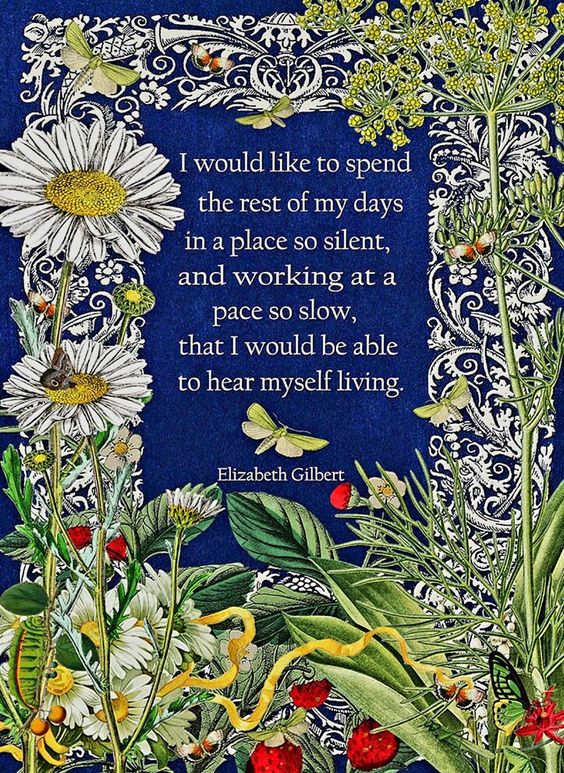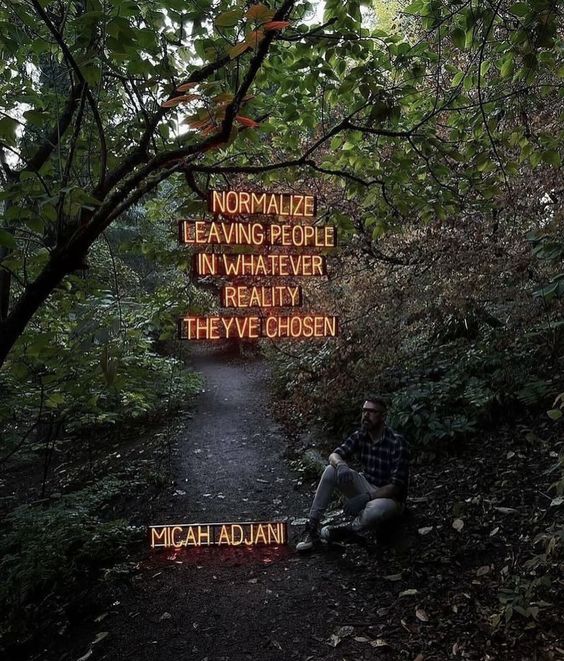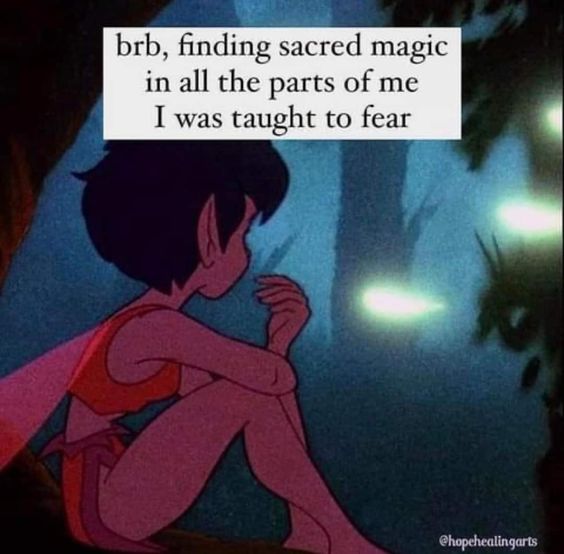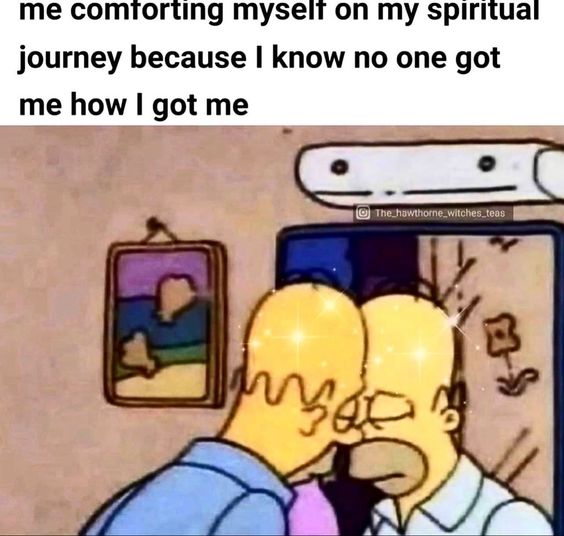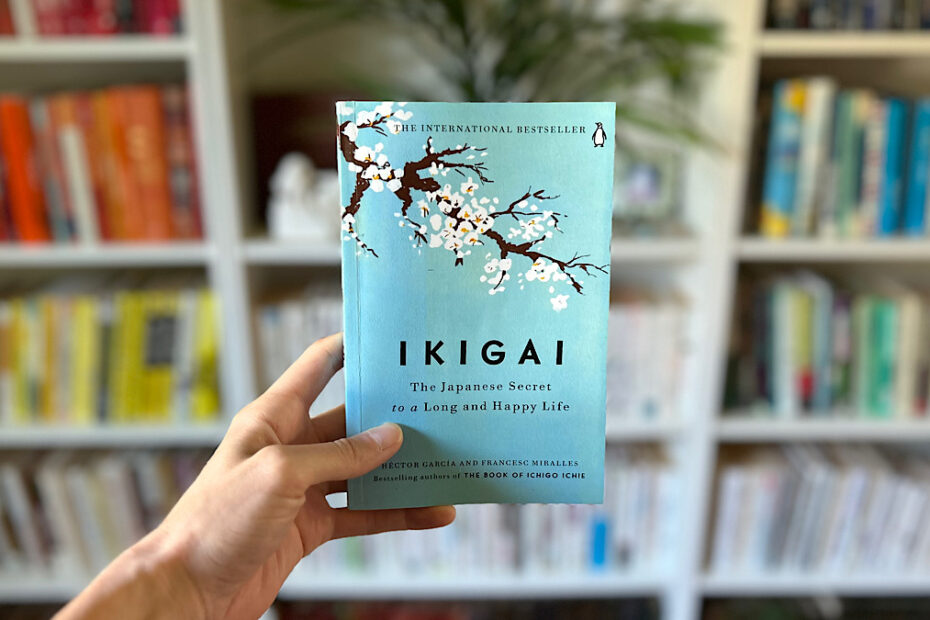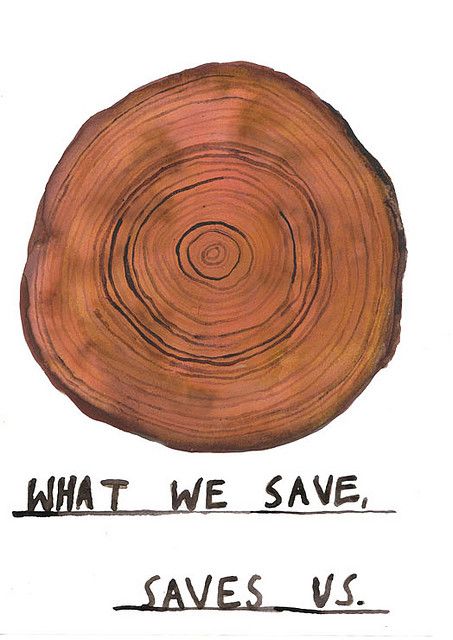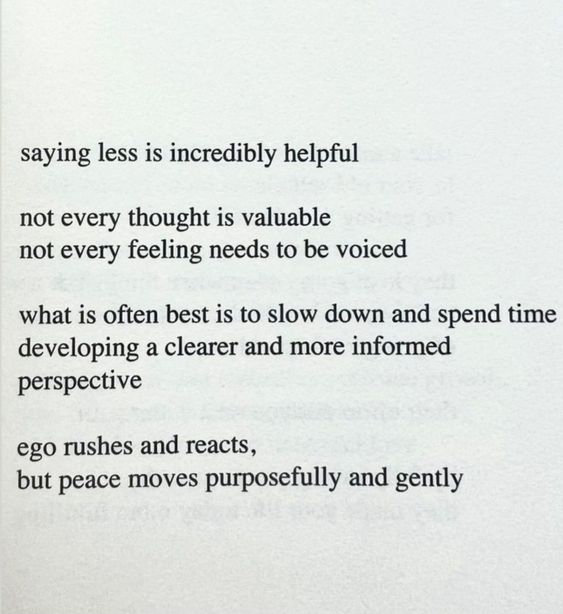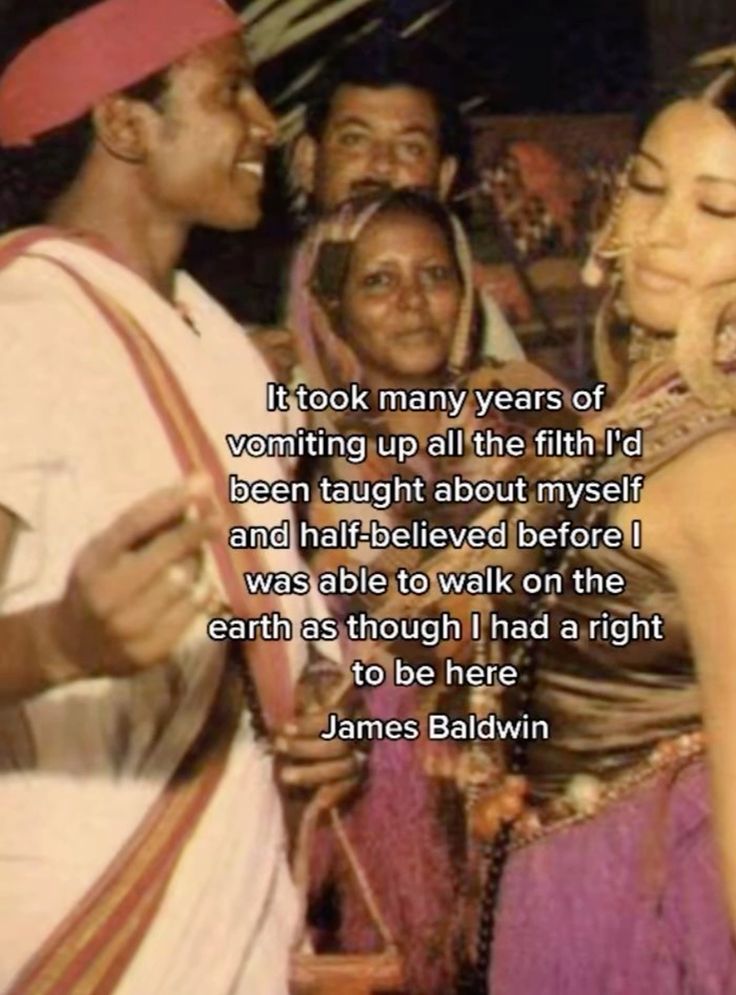“There is nothing passive about mindfulness. One might even say that it expresses a specific kind of passion—a passion for discerning what is subjectively real in every moment. It is a mode of cognition that is, above all, undistracted, accepting, and (ultimately) nonconceptual. Being mindful is not a matter of thinking more clearly about experience; it is the act of experiencing more clearly, including the arising of thoughts themselves. Mindfulness is a vivid awareness of whatever is appearing in one’s mind or body—thoughts, sensations, moods—without grasping at the pleasant or recoiling from the unpleasant. One of the great strengths of this technique of meditation, from a secular point of view, is that it does not require us to adopt any cultural affectations or unjustified beliefs. It simply demands that we pay close attention to the flow of experience in each moment.”
Sam Harris, Waking Up (Page 36)
“One of the most satisfying feelings I know — and also one of the most growth-promoting experiences for the other person — comes from my appreciating this individual in the same way that I appreciate a sunset. People are just as wonderful as sunsets if I can let them be. In fact, perhaps the reason we can truly appreciate a sunset is that we cannot control it. When I look at a sunset as I did the other evening, I don’t find myself saying, ‘Soften the orange a little on the right hand corner, and put a bit more purple along the base, and use a little more pink in the cloud color.’ I don’t do that. I don’t try to control a sunset. I watch it with awe as it unfolds. I like myself best when I can appreciate my staff member, my son, my daughter, my grandchildren, in this same way.”
Carl Rogers
“The literature on [the] psychological benefits [of mindfulness] is now substantial. There is nothing spooky about mindfulness. It is simply the state of clear, nonjudgmental, and undistracted attention to the contents of consciousness, whether pleasant or unpleasant. Cultivating this quality of mind has been shown to reduce pain, anxiety, and depression; improve cognitive function; and even produce changes in gray matter density in regions of the brain related to learning and memory, emotional regulation, and self-awareness.”
Sam Harris, Waking Up (Page 35)
“The reality of your life is always now. And to realize this is liberating. In fact, I think there is nothing more important to understand if you want to be happy in this world.”
Sam Harris, Waking Up (Page 34)
“As long as there is love, there will be grief. The grief of time passing, of life moving on half-finished, of empty spaces that were once bursting with the laughter and energy of people we loved. As long as there is love there will be grief because grief is love’s natural continuation. It shows up in the aisles of stores we once frequented, in the half-finished bottle of wine we pour out, in the whiff of cologne we get two years after they’ve been gone. Grief is a giant neon sign, protruding through everything, pointing everywhere, broadcasting loudly, ‘Love was here.’ In the finer print, quietly, ‘Love still is.'”
Heidi Priebe
“Inspiration comes on the twenty-fifth attempt, not the first. If you want to make something excellent, don’t wait for a brilliant idea to strike. Create twenty-five of what you need and one will be great. Inspiration reveals itself after you get the average ideas out of the way, not before you take the first step.”
James Clear
The 10 Rules of Ikigai (for a Longer and Happier Life) + 6 Bonus Quotes from The Book
Excerpt: What is Ikigai? Often translated as “a reason for being,” it’s a concept that—when fully understood—can add years and joy to your life…
Read More »The 10 Rules of Ikigai (for a Longer and Happier Life) + 6 Bonus Quotes from The Book
“Most of us could easily compile a list of goals we want to achieve or personal problems that need to be solved. But what is the real significance of every item on such a list? Everything we want to accomplish—to paint the house, learn a new language, find a better job—is something that promises that, if done, it would allow us to finally relax and enjoy our lives in the present. Generally speaking, this is a false hope. I’m not denying the importance of achieving one’s goals, maintaining one’s health, or keeping one’s children clothed and fed—but most of us spend our time seeking happiness and security without acknowledging the underlying purpose of our search. Each of us is looking for a path back to the present: We are trying to find good enough reasons to be satisfied now.”
Sam Harris, Waking Up (Page 2)
“Our minds are all we have. They are all we have ever had. And they are all we can offer others. This might not be obvious, especially when there are aspects of your life that seem in need of improvement—when your goals are unrealized, or you are struggling to find a career, or you have relationships that need repairing. But it’s the truth. Every experience you have ever had has been shaped by your mind. Every relationship is as good or as bad as it is because of the minds involved. If you are perpetually angry, depressed, confused, and unloving, or your attention is elsewhere, it won’t matter how successful you become or who is in your life—you won’t enjoy any of it.”
Sam Harris, Waking Up (Page 2)
